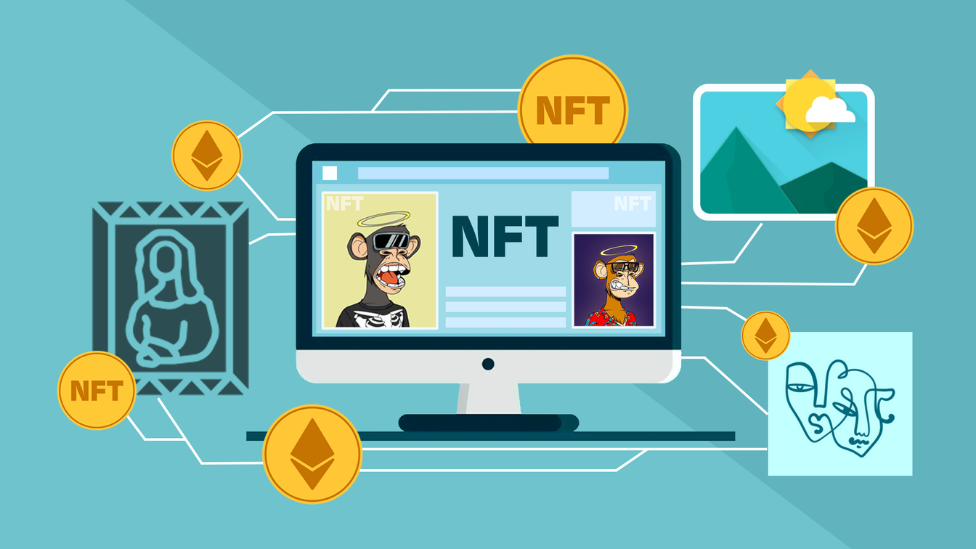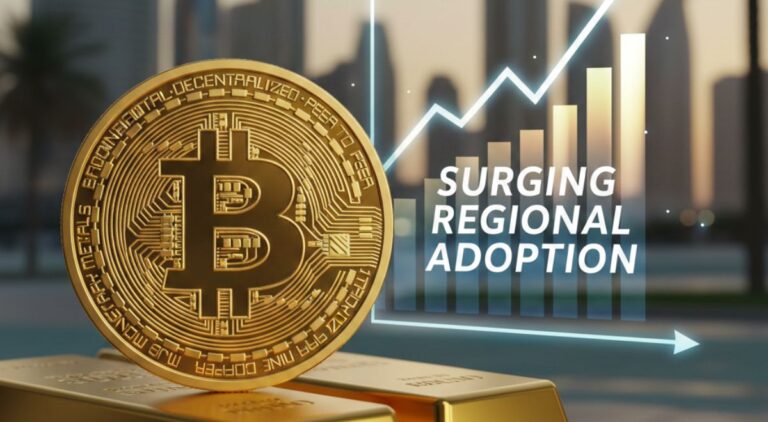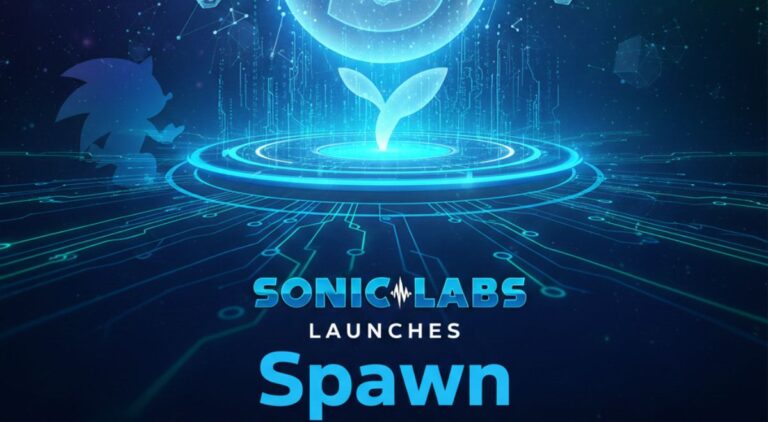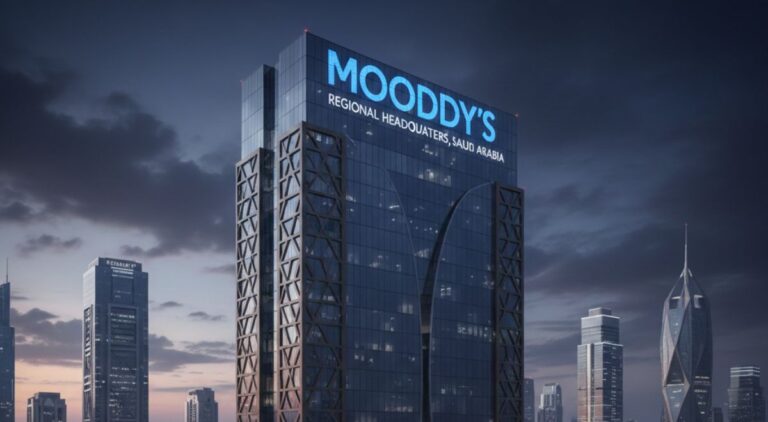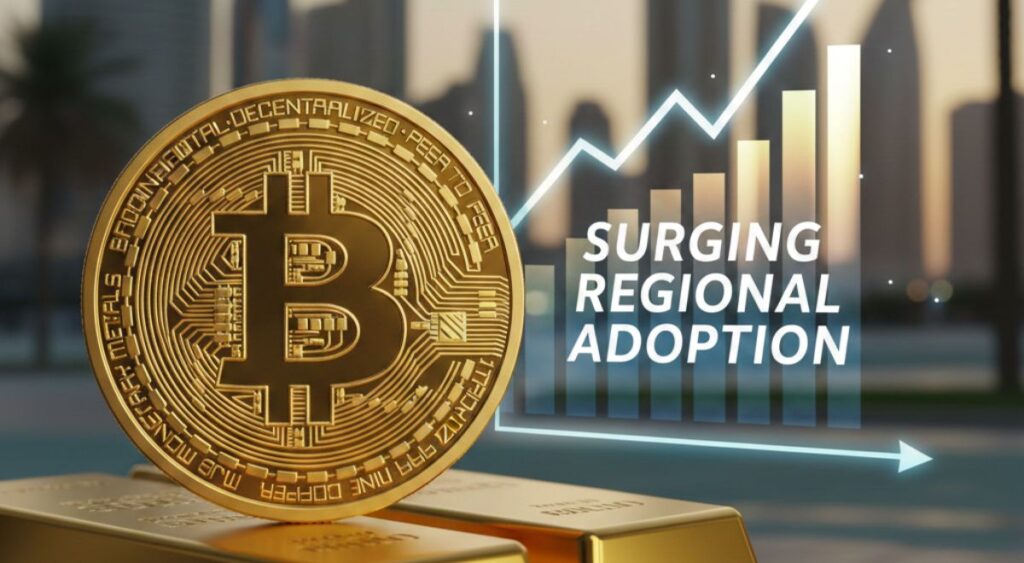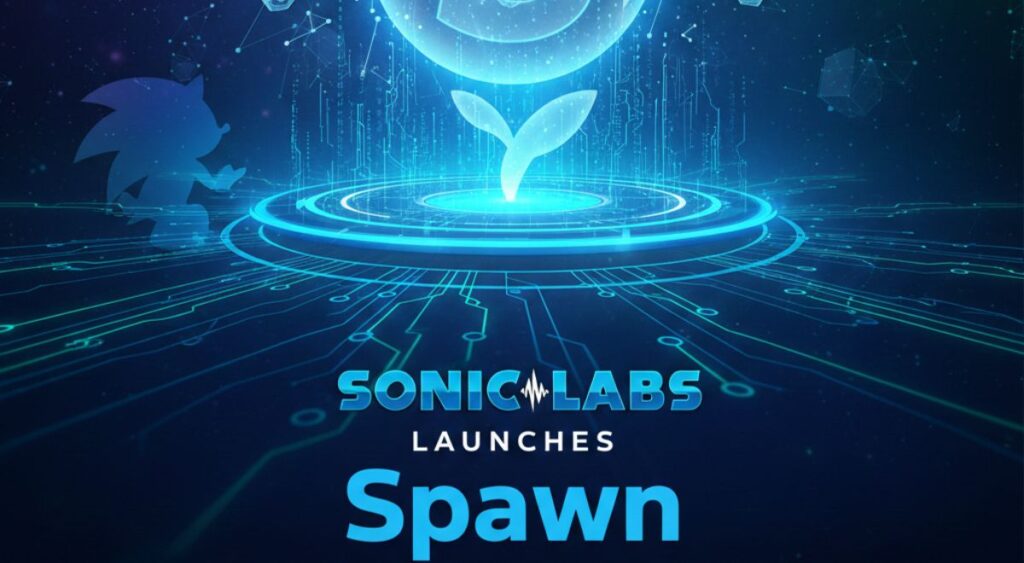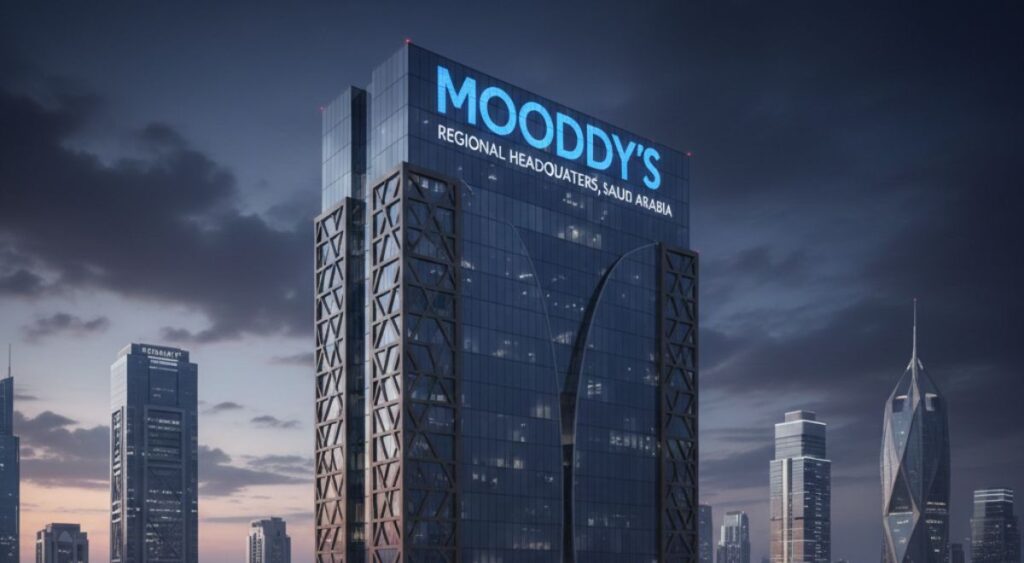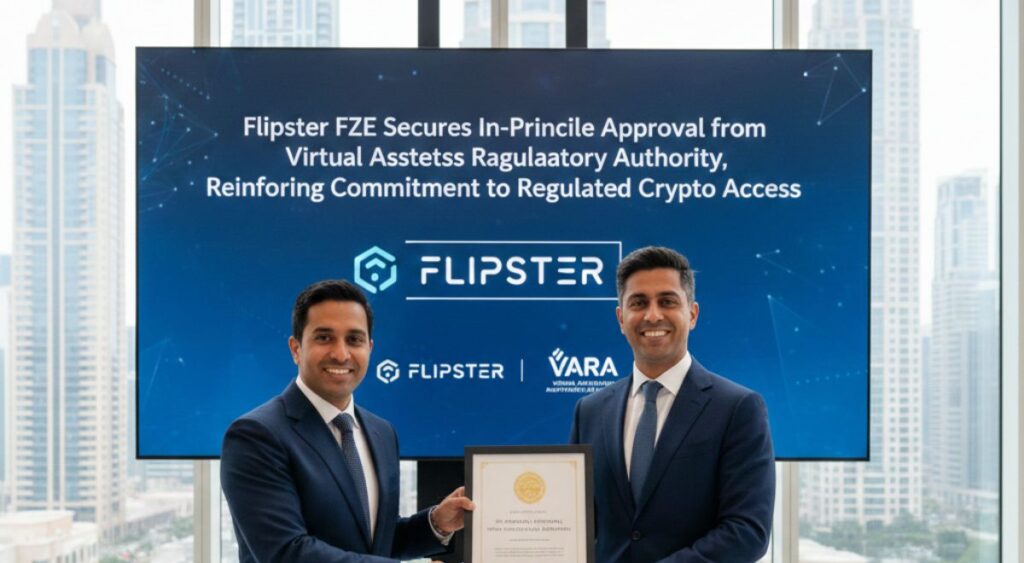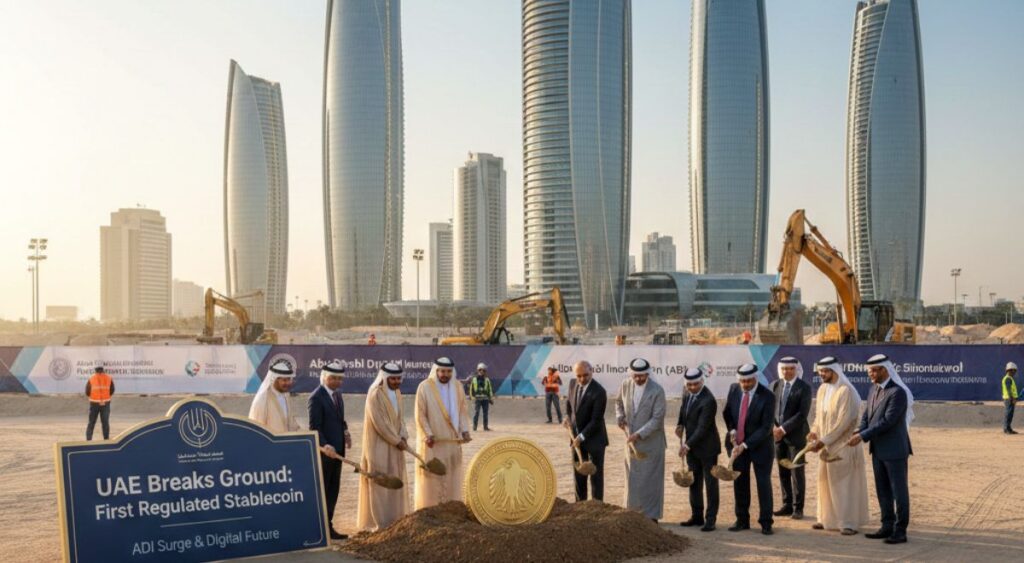When NFTs took the world by storm in 2020, many experts and enthusiasts tagged it as the new crypto. For many veterans and beginners, NFTs seemed like an investment wave that was way too juicy to pass on. However, almost three years after the explosion of NFTs, the popularity of these assets seems to be dwindling fast. The root cause of this problem is primarily the current bearish disposition to crypto. While crypto has maintained a fairly solid position for over a decade, one cannot validly argue that crypto assets currently have the same momentum they had in 2020.
However, despite the supposed dwindling popularity of crypto and NFTs, the NFT market seems to be booming rapidly in a specific part of the world: the Middle East. Today, the Middle East stands as a new and emerging market for NFT enthusiasts and marketplaces.
The NFT Market in the Middle East
As it seems, some Middle Eastern countries have been intentional about exploring the possibilities presented by NFTs. These countries have also been implementing policies directed at attracting NFT companies and increasing interest in NFTs within their territories. For instance, for the UAE’s 50th birthday celebration, the country issued NFT stamps. The four distinct stamps were released in 2021, making the UAE the first country in the Middle East region to issue NFT stamps. Also, companies headquartered in the UAE have demonstrated their interest in the NFT market.
The Emirates Airline is a case in point. The company recently announced its entry into the metaverse and NFT space. Due to this entry, Emirates is expected to provide a series of metaverse experiences alongside digital collectibles to enhance the metaverse experience. Similarly, Falcon Society recently announced the launch of a UAE-based NFT line. Falcon Society is an NFT collection that includes 4,000 Falcon humanoid NFTs living on the Ethereum blockchain. However, this announcement was largely unsurprising because the Falcon Society was originally founded by a community of UAE residents and nationals to advance the development of the UAE.
However, apart from the UAE, Saudi Arabia has also been releasing numerous NFT-centred policies. For instance, the Saudi Arabia Ministry of Culture recently launched an NFT digital art forum in partnership with Sotheby’s and the Visual Arts Commission. Also, Saudi Arabia’s first NFT marketplace, Nuqtah NFTs, recently received funding. The seed round was led by Animoca Brands, a Hong Kong-based venture capital firm, alongside other investors like Polygon. Unsurprisingly, revenue in the Saudi Arabian NFT market is projected to experience a Compound Annual Growth Rate (CAGR) of approximately 16.5% from 2023 to 2027. This shows that there is growing interest in the Saudi Arabian NFT market, and investors are likely to make their entry into the market in the coming years.
Conclusion
The Middle East is globally recognized as a hub for sectors like tourism, energy, and technology. With the recent boom in NFT uptake across the region, the Middle East could be on track to being globally recognized as a hub for NFT trading and investment.

